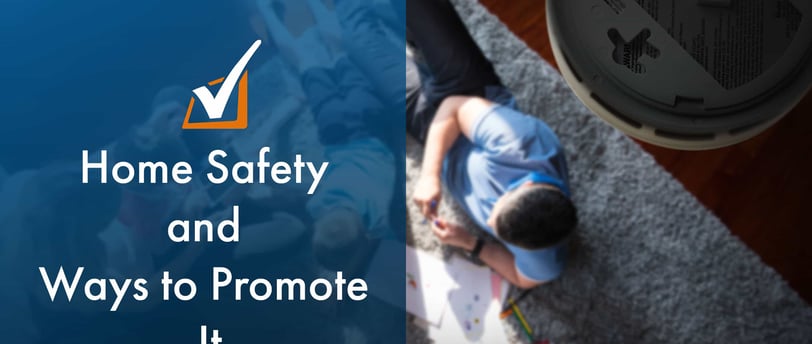Safety Tips: How to Stay Safe and Protect Your Property
9/1/20243 min read


Safety Tips: How to Stay Safe and Protect Your Property
In a world where unexpected events can happen at any time, it's crucial to take proactive steps to ensure your safety and the security of your property. Whether you're at home, traveling, or simply going about your daily activities, these practical tips can help you stay safe and protect what matters most.
Home Safety
1. Secure Your Doors and Windows
Ensure that all doors and windows are locked, especially when you're not at home. Invest in high-quality locks and consider installing deadbolts on exterior doors. Sliding doors can be reinforced with a rod or a dowel in the track to prevent them from being forced open.
2. Install a Security System
A home security system can be a significant deterrent to burglars. Modern systems offer various features such as motion detectors, security cameras, and smart locks that you can control remotely. Displaying signs that your home is protected by a security system can also deter potential intruders.
3. Use Outdoor Lighting
Illuminate the exterior of your home with motion-sensor lights. Well-lit areas can discourage burglars from targeting your property. Consider placing lights near entry points, pathways, and dark corners of your yard.
4. Keep Valuables Out of Sight
Don't leave valuable items like electronics, jewelry, or cash in plain view from windows. Use blinds or curtains to obscure the view inside your home, and consider a safe for storing important documents and high-value items.
5. Be Mindful of Social Media
Avoid sharing your location or travel plans on social media. Posting about your absence from home can make you a target for burglaries. Share your experiences after you return to avoid giving potential intruders any opportunities.
Personal Safety
1. Stay Aware of Your Surroundings
Whether you're walking, driving, or using public transportation, always be aware of your surroundings. Avoid distractions like texting or listening to loud music, and trust your instincts if something feels off.
2. Keep Emergency Contacts Handy
Have a list of emergency contacts saved in your phone and written down in an accessible location. This list should include family members, close friends, and local emergency services.
3. Use the Buddy System
When possible, travel with a friend or family member, especially at night or in unfamiliar areas. There's safety in numbers, and having someone with you can deter potential threats.
4. Carry Personal Safety Devices
Consider carrying personal safety devices such as pepper spray, a whistle, or a personal alarm. These can be used to alert others and deter attackers in case of an emergency.
5. Take Self-Defense Classes
Learning basic self-defense techniques can give you the confidence and skills to protect yourself in dangerous situations. Many communities offer self-defense classes that cover practical strategies for staying safe.
Protecting Your Property
1. Mark Your Belongings
Engrave or mark your valuables with a unique identifier. This can help authorities return stolen items if they're recovered. Keep a detailed inventory of your belongings, including photos and serial numbers.
2. Secure Your Vehicles
Always lock your car doors and keep windows closed when you're not in the vehicle. Avoid leaving valuable items in plain sight, and consider using a steering wheel lock or alarm system to deter thieves.
3. Use Timers for Lights and Electronics
When you're away from home, use timers to turn lights and electronics on and off at random intervals. This creates the illusion that someone is home and can deter burglars who may be watching for vacant properties.
4. Maintain Your Property
A well-maintained property can be less attractive to burglars. Keep your lawn mowed, hedges trimmed, and pathways clear. Consider joining a neighborhood watch program to stay informed about local crime trends and work together to keep your community safe.
5. Get to Know Your Neighbors
Building relationships with your neighbors can create a supportive network that looks out for each other. Neighbors can report suspicious activity and help keep an eye on your property when you're not around.
Conclusion
Staying safe and protecting your property requires a combination of awareness, preparation, and proactive measures. By following these tips, you can create a safer environment for yourself and your loved ones. Remember, the key to safety is staying informed and taking action to mitigate potential risks.


